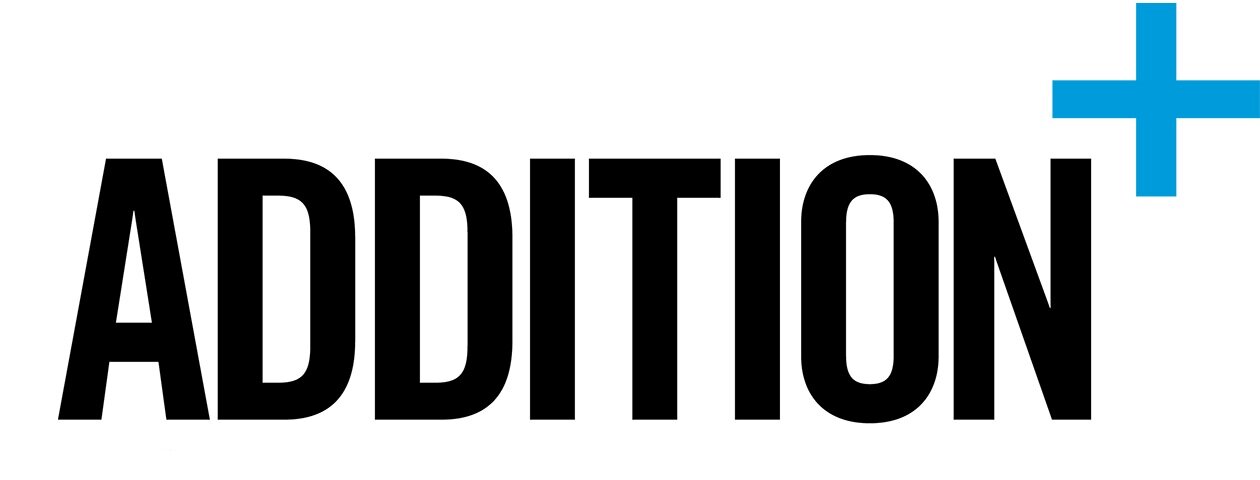Storymaking vs. Storytelling
While the media and technology have influenced the “where and how,” the “what” (i.e. the process) of storytelling has not changed much since the beginning of time. If you are an influencer, entertainer, author OR a brand, the storytelling process is “one-way” with the storyteller doing all the talking.
With the advent of social media, storymaking is what all the smart brands and entertainers strive for because the process is inclusive & collaborative…it’s gathering stories and information about audiences and fans and spreading or sharing the tales about the audience or customers. While anybody or any brand can evolve their strategy from storytelling to storymaking, what are some of the key things to keep in mind and get it right?
One key to storymaking is to find the stories that "tap into some deeper emotional meaning," says David Berkowitz, CMO with Manhattan branding consultancy MRY. Berkowitz likes to refer to an illustrative story about Coca-Cola’s great role as a storymaking brand*:
“Think of a brand you love: Apple, Tide, Gucci, Hyundai, or any brand that you identify with. Do you know what its story is? I just paid way too much money to get the new iPhone, but I can't tell you Apple's story.
I asked my wife about this, too. Cara loves Diet Coke, so I asked her, "What's Coke's story?" The next thing I knew, I was living in a real-world version of the "carousel" moment from "Mad Men." She started telling me about when Coke came out with cans with red tabs, and all her friends used to collect them. And then she told me about the games she played with her friends in sleepaway camp, where they'd break off tabs from Coke cans as a way to reveal which boys they liked. Thanks to this brand, I was learning more about the person in my life I have been the closest to for nearly a decade.
Here are six characteristics of great storymaking which I have paraphrased from AdAge:
1.Participatory: One clear sign of a story that's told versus one that's created with its audience is that the audience must be able to add to the story in some way. Beautiful stories can be told by a brand in 30-second spots, but it's impossible for a 30-second spot alone to be considered storymaking. Storymaking requires some effort from its audience.
2. Fan-inspired: Fans must be engaged and very attached to you; otherwise it is difficult to make stories.
3. Decentralized: If all the stories are designed to live in a central hub that the brand or publisher owns, then it takes away from what people can do on their own channels and social media platforms. True storymaking taps into any channel people want to use, online and offline. Sometimes this involves working with content creators and influencers to reach consumers. Fullscreen, an MCN, did this by promoting the movie "Ouija" with a stunt where it made teenage internet celebrity Kian Lawley disappear. His multi-platform efforts to tap his fans to bring him back led to more than 7 million Twitter mentions about the movie. In this case, the studio allowed the creator to be core to the storymaking since he was the one with the relationship with the audience the movie was trying to reach.
4. Unpredictable: Because storymaking shifts the focus from the brand’s story to people’s story about the brand, it opens the door for people to take ideas in new directions.
5. Reciprocal: If you want people to run with a story, there has to be something in it for them.
6. Authentic: The clearest sign of storymaking gone awry is all the stories created are positive. Brands especially have to embrace the lack of control knowing some stories will go where the brand may not want to go. Negative sentiment doesn’t have to be a terrible thing. Operating in a world where people have a negative or positive opinion is much richer territory than telling everyone to feel only one way.
Peace and Love,
Tomato
Picture Credits/References: http://adage.com/article/digitalnext/characteristics-great-storymaking/298327/
*http://www.inc.com/ilan-mochari/storytelling-storymaking.html
